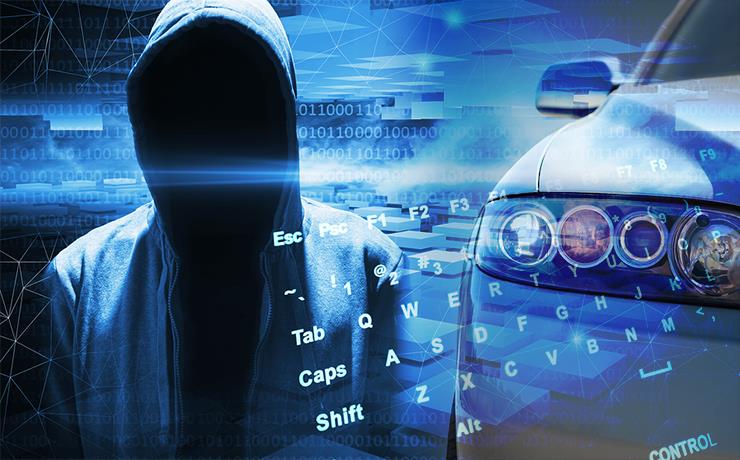
Even though it is relatively late, the FBI, the U.S. Department of Transportation, and the National Highway Traffic Safety Administration issued a warning about automobile hacking threat a few weeks ago. “It's actually very late, and we're just lucky there haven't been any catastrophic incidents yet,” according to Rob Enderle, principal analyst at the Enderle Group.
The threat of automobile hacking has been around for quite some time since the invention of wireless cars, some of which are vulnerable to get hacked by anyone who has a “fairly specific access to the vehicle,” as Mike Jude, a research manager at Frost & Sullivan put it.
“Every car manufacturer has a different protocol for doing things like remote start and remote unlock, so you'd have to target a specific car manufacturer, have specific information on their proprietary protocols for access, and then all you'd get is access to the car,” Jude said for TechNewsWorld.
Among some of the things anyone can do to prevent their car from getting hacked is to be careful with any changes and updates to their car’s software. If an update takes place, the right thing to do as soon as possible is to contact the car manufacturer and make sure the update has been launched by them and is happening to similar cars, not just to some of them.
This way any car owner can make sure he and the manufacturer are on the same page and that no third parties are doing any harm. It is not only helpful to customers but also to companies, as they will get notified about any suspicious updates or any possible threat that may arise to a specific type of car.
According to TechNewsWorld which has contacted several agencies about this issue, customers should “avoid downloading software from third-party websites or file-sharing platforms; use a trusted USB or SD card storage device when downloading and installing software to their vehicles; and ensure their vehicle software is up to date. They should be careful when modifying vehicle software or connecting third-party devices to their vehicles. Vehicle owners should check the vehicle's VIN for recalls at least twice per year, according to the agencies.”
Furthermore, if any there are any doubts but no proof that any hacking is taking place, customers can always check up their cars online as well as file any complaints with the NHTSA or FBI.
Ransomware, which has become a great threat to many companies by encrypting their data and shutting websites down, can also affect cars. In an article we published a few days ago, http://silvaetechnologies.eu/blg/167/paying-a-ransom-can-cost-less-than-recovering-encrypted-data we showed how in most cases paying a ransom can cost less than recovering encrypted data.
If some types of vehicles can be vulnerable to ransomware as well, the time you need to get your car back on the road compared to giving an end to a shut down website is more limited and can be on the side of a ransomware.
Image Source: www.forbes.com